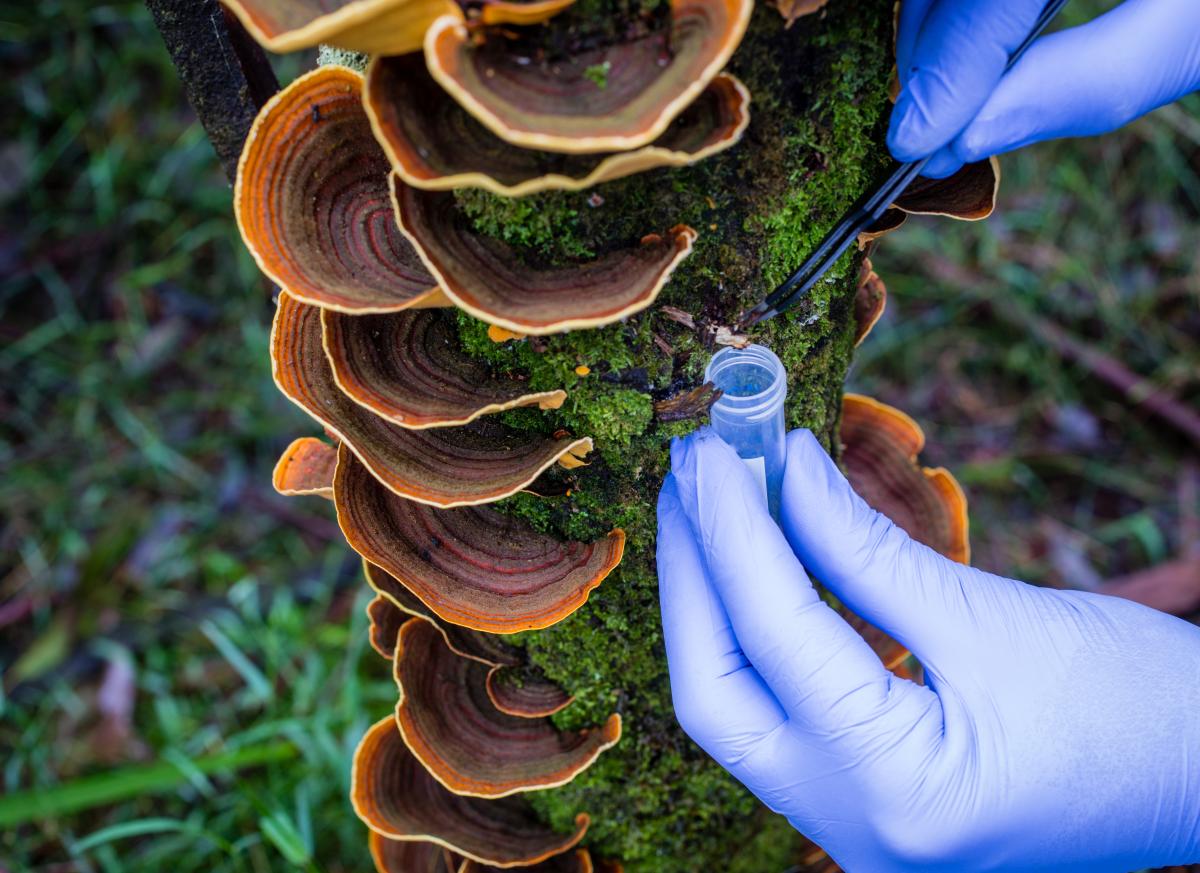Now is not the time to turn our backs on nature': Leading scientists issue warning to PM ahead of Spending Review
Over 30 leading academics signed a letter to the Prime Minister urging him to ensure nature is properly valued in all economic decisions. The letter, spearheaded by Professor Nathalie Seddon, was delivered ahead of the Government's annual Spending Review.










